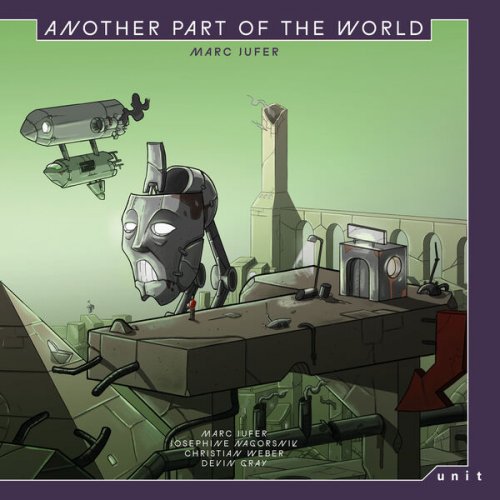Kim Kashkashian - Luciano Berio: Voci (2002)
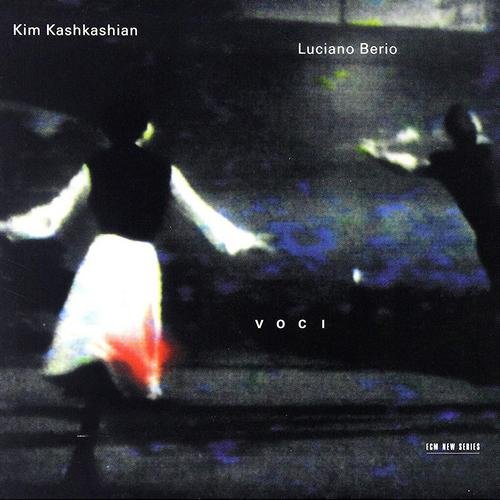
Artist: Kim Kashkashian
Title: Luciano Berio: Voci
Year Of Release: 2002
Label: ECM New Series
Genre: Classical
Quality: APE (image+.cue,scans)
Total Time: 69:40
Total Size: 355 Mb
WebSite: Album Preview
Tracklist: Title: Luciano Berio: Voci
Year Of Release: 2002
Label: ECM New Series
Genre: Classical
Quality: APE (image+.cue,scans)
Total Time: 69:40
Total Size: 355 Mb
WebSite: Album Preview
01. Voci (Folk Songs II), 1984 (32:16)
Kim Kashkashian (vla)
Sicilian Folk Music, 1999 (15:08)
02. Grido del venditore di pesce [traditional] Angelo Vitello (voc) 01:13
03. Canzuna [traditional ] Kim Kashkashian (vla) 01:35
04. Lamento per il Venerdi Santo [traditional] Concetto Campisi (voc), Antonio Bulgaretta (voc) 05:45
05. Novena di Natale [traditional] Vincenzo Ferrara (voc), Pietro Vallone (voc) 03:28
06. Ninna Nanna / Specchiu di l'occhi mei [traditional] Maria Bonferraro (voc) 03:07
07. Naturale (Su melodie siciliane) per viola sola e percussione, 1999 ( 22:14)
Kim Kashkashian (vla)
It's crossover! Yes, the dreaded 'c'-word...but it's not the latest misconceived project from one of the major labels desperately looking for new ways of drumming up sales; no, this is way more intelligent than that. It's Luciano Berio after all, one of the strongest and most individual voices to have emerged from the 1950's and 60's, and he's doing something he's always done: exploring folk music through art music.
One of Berio's best-known works is Folk Songs from the 60's, written for his wife Cathy Berberian. In it Berio embellishes tunes from all over the world, finding witty and highly original ways of accompanying the ancient melodies. Voices (or Voci), written nearly twenty years later, is subtitled Folk Songs II...and this time the folk songs are from a single source, Sicily, and a tradition that Berio says "surely stands alongside Sardinian folk music as the richest, most extensive, and most vibrant of our Mediterranean culture".
No words this time though; the solo viola is the singer, and in Kim Kashkashian's impassioned performance the song fragments soar into the space between the two instrumental groups and the restless, ticking, clucking and crashing percussion. Voices isn't like the original Folk Songs; here you're kept in touch with the soul of the songs, their general melodic shape and emotional mood, but this time Berio transforms them, they mutate in his hands. We're beyond accompaniment or arrangement here.
Talk about intelligent programming: after Voices we're offered six genuine historical folk song performances from the archives - street cries, prayers for religious festivals, lullabies - which reek of the sun, the soil, the lives of the Sicilians behind the beautifully rough voices. No translations, though, which is a shame....but including these field recordings brings us closer to Berio's passion for his Sicilian discoveries, and allows us to identify more easily the elements of the folk music he's worked into his scores.
It all becomes more explicit in the composition that ends the cd: Naturale, which functions almost as a distillation of everything that's gone before it. This time we hear the folk songs themselves on tape, Berio's own recording of an Italian folk singer. The viola player seems to act as a commentator, exploring the musical implications of the songs, while a percussionist underpins her, and marks the transitions on tam-tam and marimba.
Naturale is shorter than Voci, less ambitious as a composition, yet somehow it's wilder and more affecting. Kim Kashkashian's evocative keening sears the ears, reminding me at times of the hypnotic sound of her ECM stablemate, saxophonist Jan Garbarek. We're still not offered the texts for the songs, but somehow in this performance we're made to feel that we understand their deeper meaning.
Kim Kashkashian talks in the notes about her meeting with Sicilian viola player Aldo Bennici, who gave the first performances. "One of the things he said to me, kept trying to say over and over again in different ways, is that the Sicilian personality is highly touched by the degree of intense sunlight in the land, and that that produces actually a shadow side to the personality so that there is a constant preoccupation with death." She, and Berio, never let us forget it. --Matt Fernand
One of Berio's best-known works is Folk Songs from the 60's, written for his wife Cathy Berberian. In it Berio embellishes tunes from all over the world, finding witty and highly original ways of accompanying the ancient melodies. Voices (or Voci), written nearly twenty years later, is subtitled Folk Songs II...and this time the folk songs are from a single source, Sicily, and a tradition that Berio says "surely stands alongside Sardinian folk music as the richest, most extensive, and most vibrant of our Mediterranean culture".
No words this time though; the solo viola is the singer, and in Kim Kashkashian's impassioned performance the song fragments soar into the space between the two instrumental groups and the restless, ticking, clucking and crashing percussion. Voices isn't like the original Folk Songs; here you're kept in touch with the soul of the songs, their general melodic shape and emotional mood, but this time Berio transforms them, they mutate in his hands. We're beyond accompaniment or arrangement here.
Talk about intelligent programming: after Voices we're offered six genuine historical folk song performances from the archives - street cries, prayers for religious festivals, lullabies - which reek of the sun, the soil, the lives of the Sicilians behind the beautifully rough voices. No translations, though, which is a shame....but including these field recordings brings us closer to Berio's passion for his Sicilian discoveries, and allows us to identify more easily the elements of the folk music he's worked into his scores.
It all becomes more explicit in the composition that ends the cd: Naturale, which functions almost as a distillation of everything that's gone before it. This time we hear the folk songs themselves on tape, Berio's own recording of an Italian folk singer. The viola player seems to act as a commentator, exploring the musical implications of the songs, while a percussionist underpins her, and marks the transitions on tam-tam and marimba.
Naturale is shorter than Voci, less ambitious as a composition, yet somehow it's wilder and more affecting. Kim Kashkashian's evocative keening sears the ears, reminding me at times of the hypnotic sound of her ECM stablemate, saxophonist Jan Garbarek. We're still not offered the texts for the songs, but somehow in this performance we're made to feel that we understand their deeper meaning.
Kim Kashkashian talks in the notes about her meeting with Sicilian viola player Aldo Bennici, who gave the first performances. "One of the things he said to me, kept trying to say over and over again in different ways, is that the Sicilian personality is highly touched by the degree of intense sunlight in the land, and that that produces actually a shadow side to the personality so that there is a constant preoccupation with death." She, and Berio, never let us forget it. --Matt Fernand
![Stephen Parisi Jr. - Buddy! (2026) [Hi-Res] Stephen Parisi Jr. - Buddy! (2026) [Hi-Res]](https://img.israbox.com/img/2026-02/20/fvrxk8mfalmhx2kjnbwaetofm.jpg)

![Susie Philipsen - Sunday Kissing Club (2026) [Hi-Res] Susie Philipsen - Sunday Kissing Club (2026) [Hi-Res]](https://www.dibpic.com/uploads/posts/2026-02/1771738386_500x500.jpg)
![The Three Seas - Antaḥkaraṇa (2026) [Hi-Res] The Three Seas - Antaḥkaraṇa (2026) [Hi-Res]](https://img.israbox.com/img/2026-02/19/uhghtg21m4gkq8nt8lyl1f5dq.jpg)
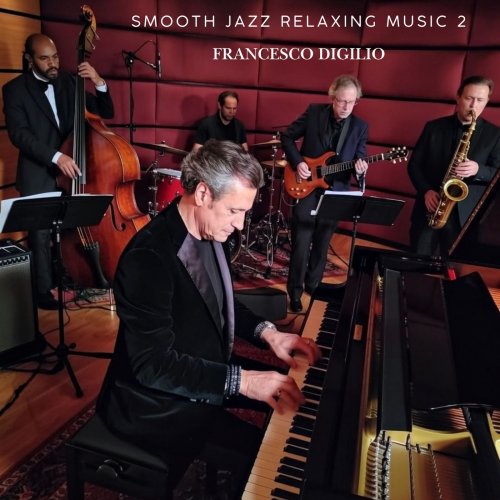
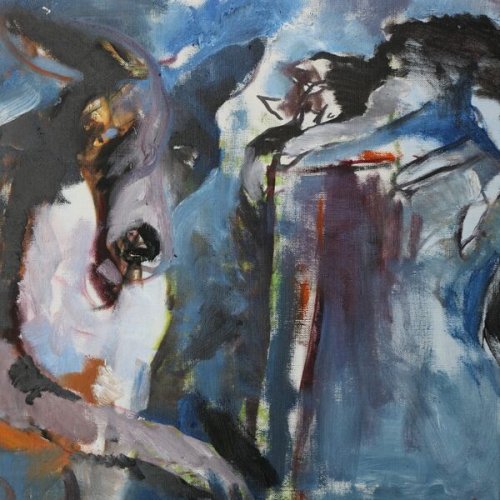
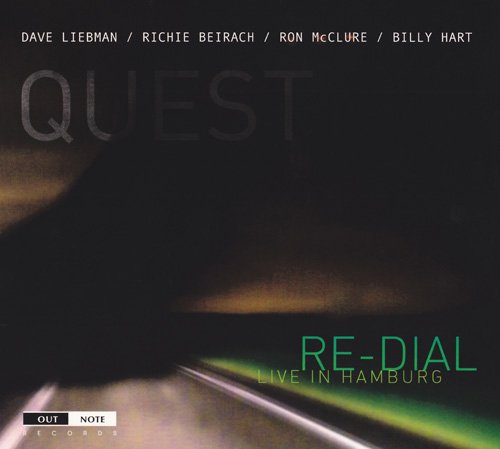
![Acid Mothers Reynols, Acid Mothers Temple, Reynols - Vol. 3 (2024) [Hi-Res] Acid Mothers Reynols, Acid Mothers Temple, Reynols - Vol. 3 (2024) [Hi-Res]](https://img.israbox.com/img/2026-02/21/vgzin7mjpuc9xi8v2ce3z1jc8.jpg)
